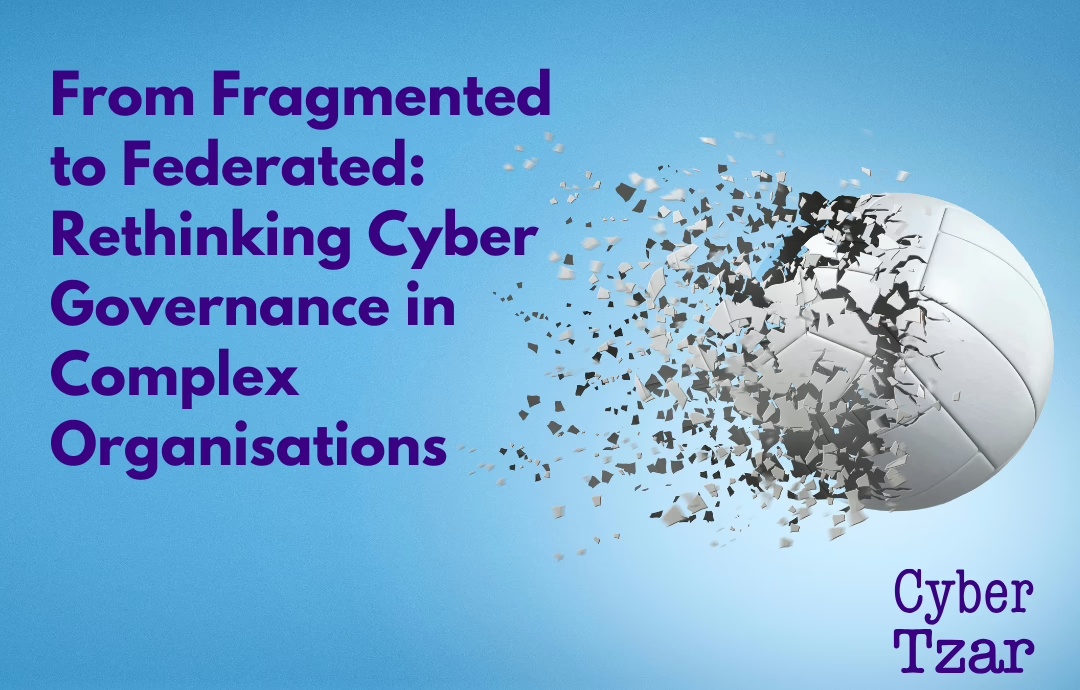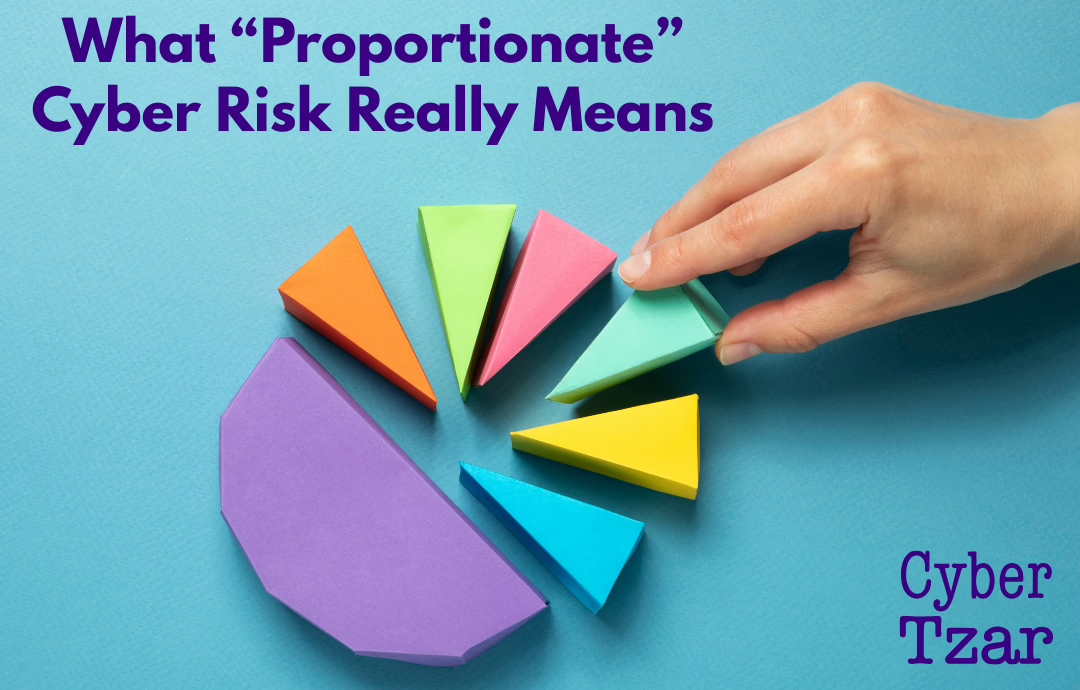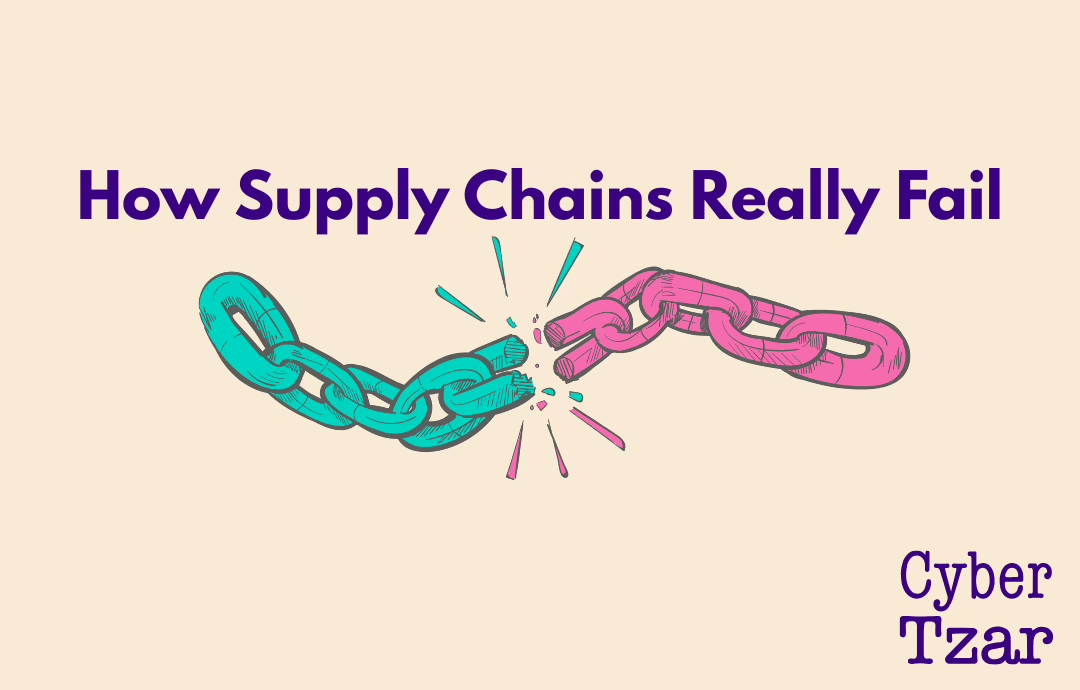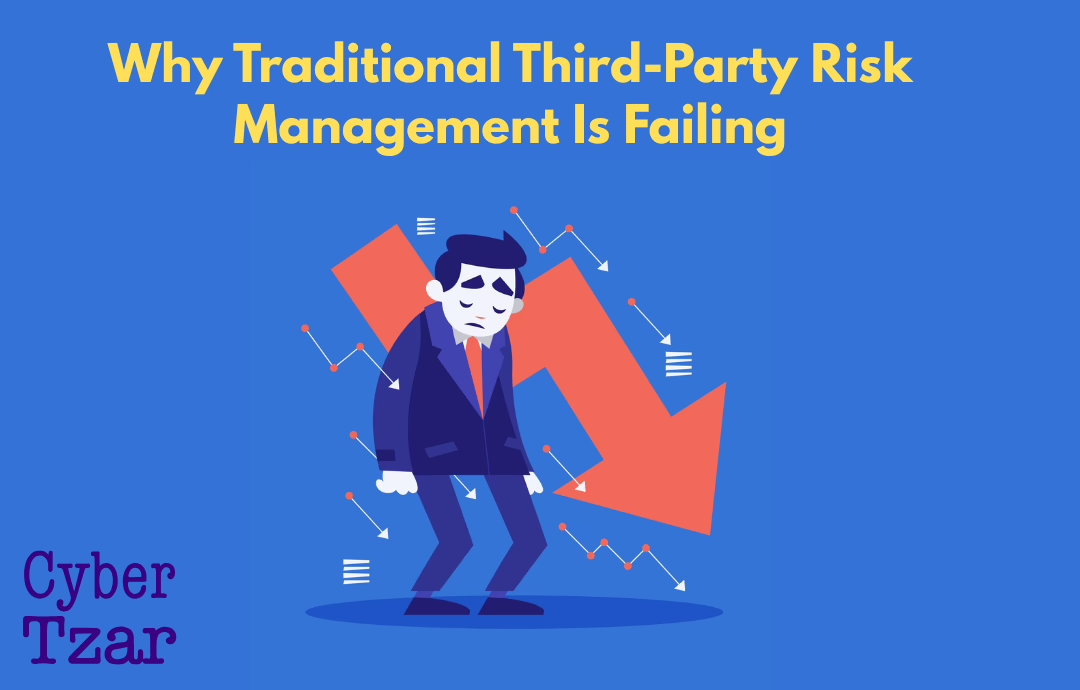Modern organisations don’t always fit neatly into a single box.
From multi-academy trusts and national research partnerships to international NGOs and cross-border corporations, complex organisations increasingly function as aggregated entities made up of autonomous or semi-autonomous parts.
But when it comes to cybersecurity, shared responsibility does not mean shared visibility — and that’s where things fall apart.
The Cyber Governance Gap
In federated environments, central leadership is often held accountable — but not always fully informed. Why?
🔁 Autonomous units manage their own IT, vendors, and security controls
📉 No shared dashboard to track risks across the entire structure
🔐 Varying levels of maturity across regions or departments
🧱 Data silos make roll-up reporting difficult
🛠️ Disparate tools for scanning, compliance, and risk management
When something goes wrong — whether it’s a data breach in a university department or a ransomware attack in a regional subsidiary — the entire group bears the risk.
Real Cyber Governance Needs Real-Time Insight
For complex organisations, the challenge is twofold:
-
Unit-level clarity — Know which departments, schools, subsidiaries, or functions are exposed
-
Group-level oversight — See your total risk picture across the whole entity
Boards, auditors, insurers, and regulators won’t care that your risk is distributed — they’ll expect it to be understood, managed, and reported in aggregate.
What Good Looks Like: A Cyber Governance Stack
✅ Real-time scanning across all entities — no gaps, no guesswork
✅ Dashboards that roll up risk — from local sites to national governance
✅ Risk tiering — by business impact, geography, or compliance profile
✅ Third-party risk visibility — including shared vendors and inherited risk
✅ Benchmarking and KPIs — to inform both governance and operations
Without this, leadership teams are flying blind — or worse, relying on last quarter’s risk report from last year’s vendor assessment.
How Cyber Tzar Supports Complex Structures
Cyber Tzar is built for the reality of multi-part organisations.
Whether you oversee:
-
A national education group
-
A multinational enterprise with regional IT leads
-
A public-private health consortium
We help you:
🧠 Unify risk oversight — across departments, suppliers, and regions
🔍 Track vulnerabilities and risk trends in real time
📊 Benchmark performance across units — and against sector peers
📋 Generate board-ready reports — mapped to ISO, Cyber Essentials, NIS2, DSPT, and more
🔗 Standardise supplier oversight — even when suppliers don’t return your questionnaires
It’s Time to Move from Fragmented to Federated
🚫 Stop managing cyber risk in silos
✅ Start governing it as a whole
With Cyber Tzar, your organisation can act like one secure entity — even if it’s made of many parts.
📡 Want to roll up your risk posture into a single view?
📍 Start with a federated scan at cybertzar.com



